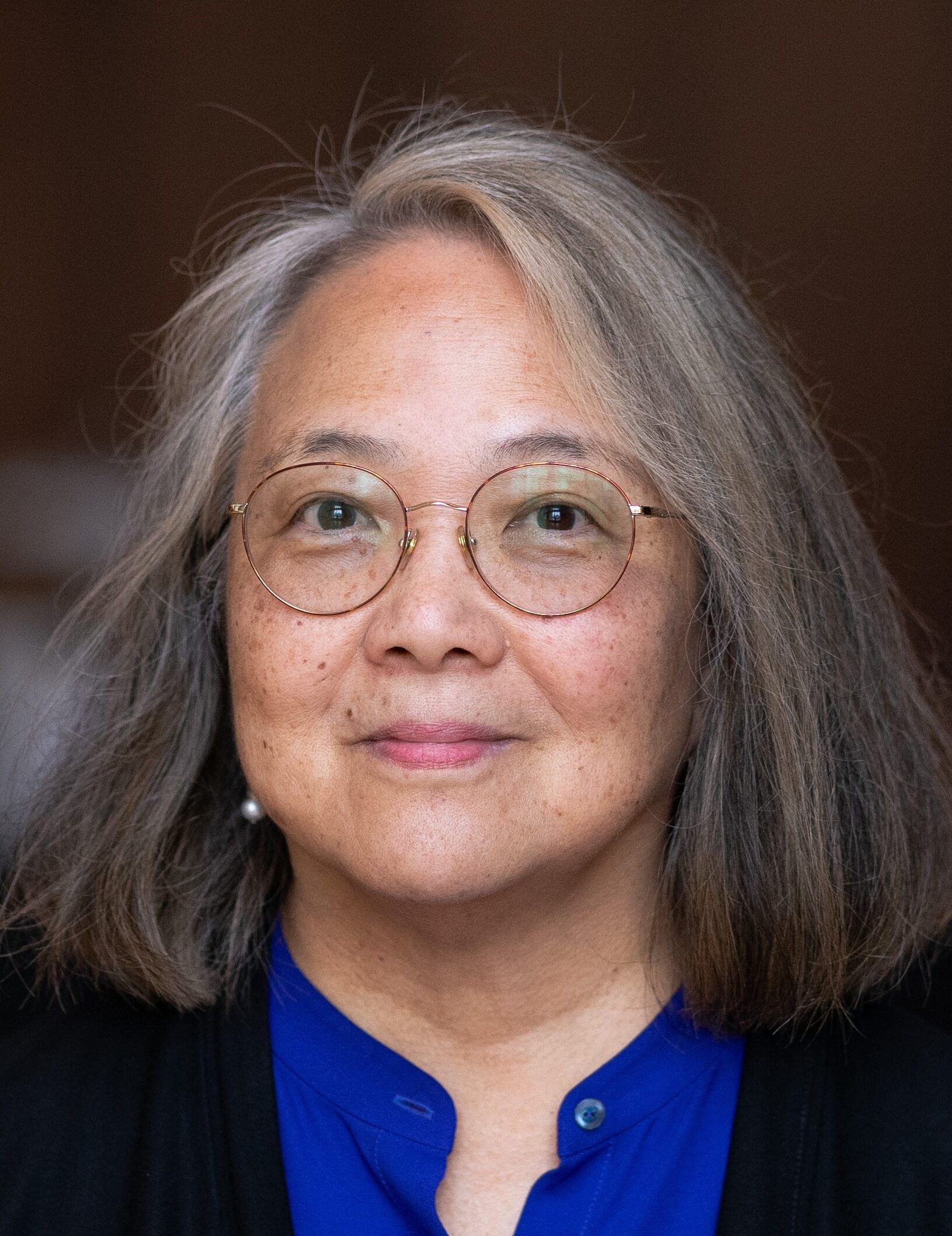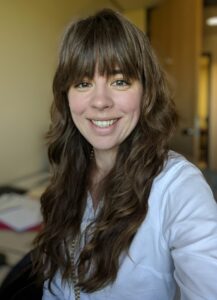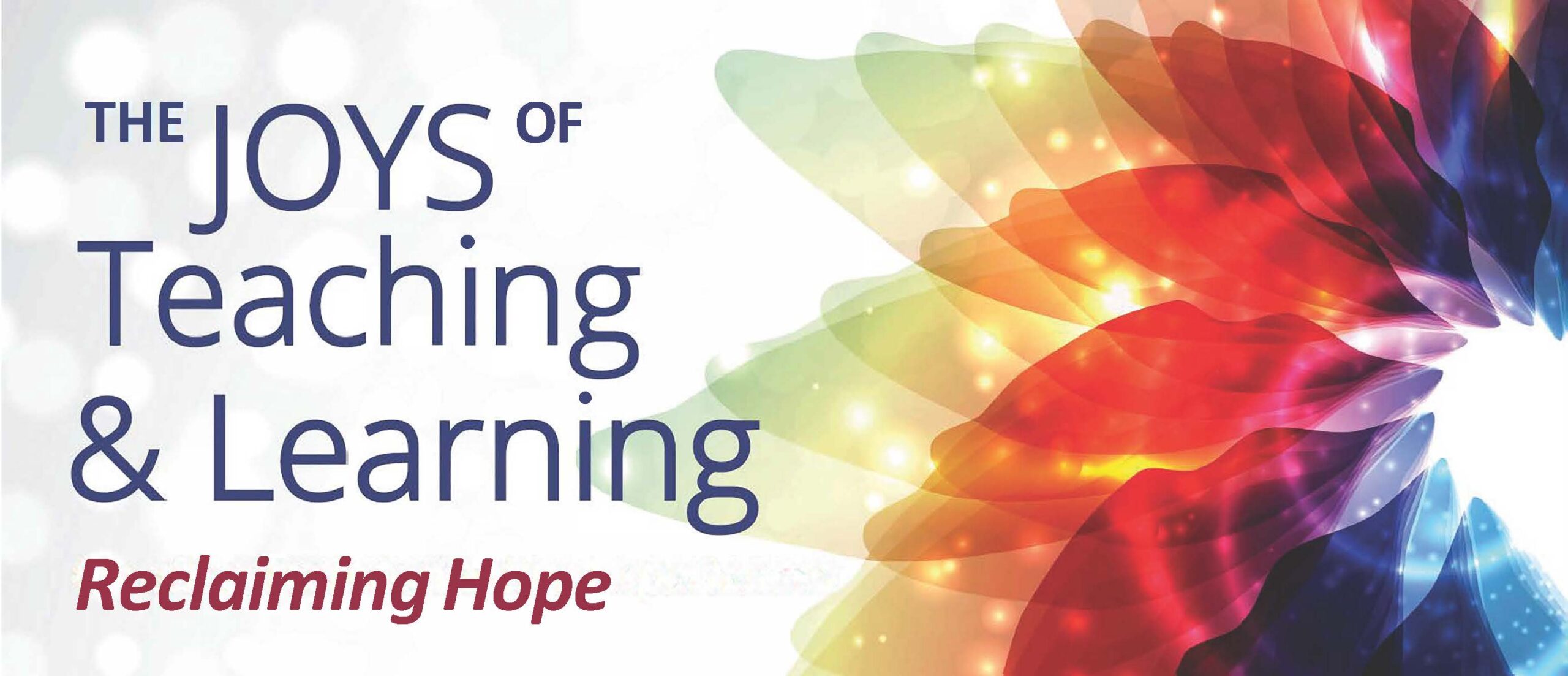OPID – the Office of Professional & Instructional Development – advocates for faculty and instructors in all things teaching and learning.
About
OPID serves as a systemwide professional and instructional development resource for Universities of Wisconsin system institutions. Established in 1977 as the Undergraduate Teaching Improvement Council (UTIC), it was first led by a council of campus representatives who focused primarily on teaching improvement. In 2000, the program became OPID, expanding its emphases to meet the broader professional needs of faculty and academic staff with programming on topics such as faculty development in all learning environments, the systematic assessment of student learning through the scholarship of teaching and learning (SoTL), inclusive excellence, leadership, and faculty retention. The OPID Advisory Council serves both as an advisory council and as a liaison between UW system administration and all of the UW system institutions.
Important Dates
Spring Conference for Wisconsin Educators
April 23 & 24, 2026 at the Memorial Union, Madison
Proposal Information and Submission Form
Submissions will be accepted for review through Friday January 16th. Please submit using the online form
Faculty College
May 26 &-29, 2026 at the Osthoff
OPID Programs
UW System Teaching & Learning Centers
OPID Advisory Council
OPID Affiliated Teaching and Learning Events
Attend the 2026 Instructional Development Institute
Jan. 6, 2026
Location: UW-Green Bay
Registration is now open for UW–Green Bay’s 2026 Instructional Development Institute, a free, one-day virtual conference on teaching and learning, taking place on Tuesday, January 6, 2026. The Center for the Advancement of Teaching and Learning (CATL) invites faculty and staff from across the Universities of Wisconsin and beyond to join us as we explore this year’s theme, Moving from Access to Connection.
The 2026 IDI will feature a keynote address by Michelle Pacansky-Brock, “Connection as Curriculum: Embedding Humanity in Digital Learning”, followed by presentations from UW-Green Bay faculty and staff that were selected in competitive review process. You can learn more about the conference on the CATL blog.
Questions?
Fay Akindes
Director, Systemwide Professional & Instructional Development
608-263-2684
fay.akindes@wisconsin.edu
 Erin McGroarty
Erin McGroarty
Program Associate
608-262-8522
OPID@lists.wisconsin.edu



